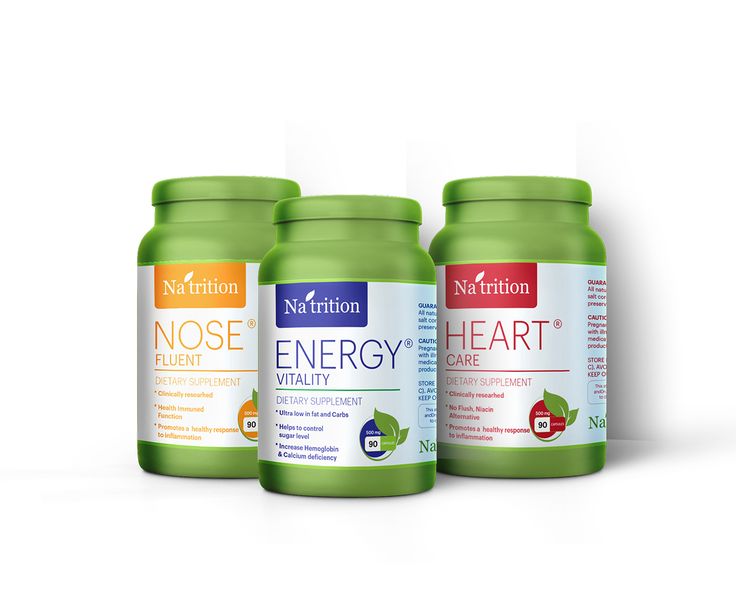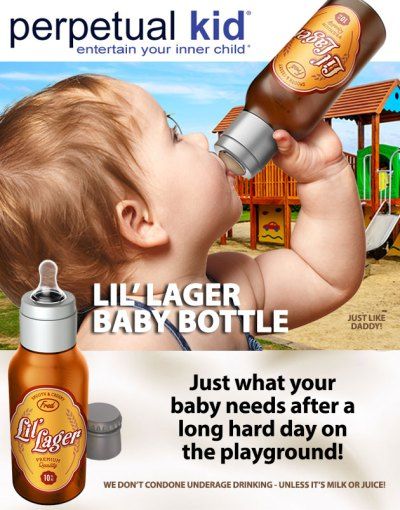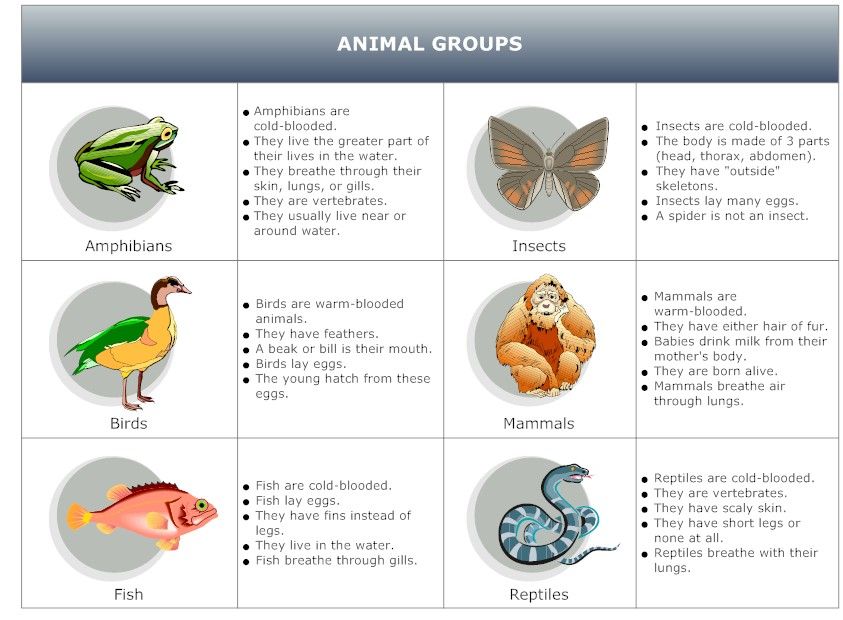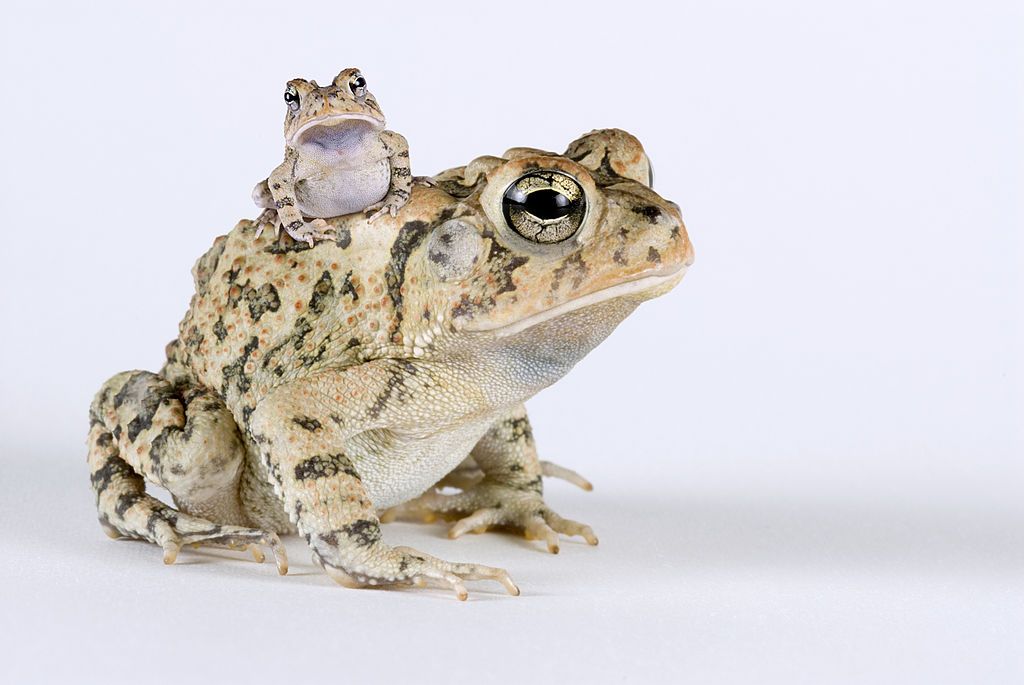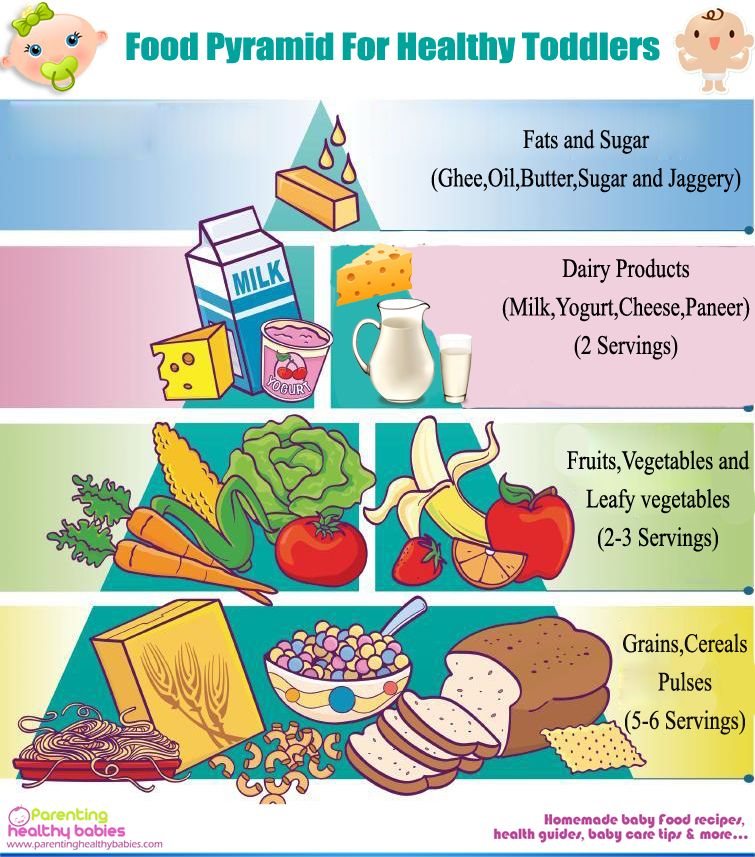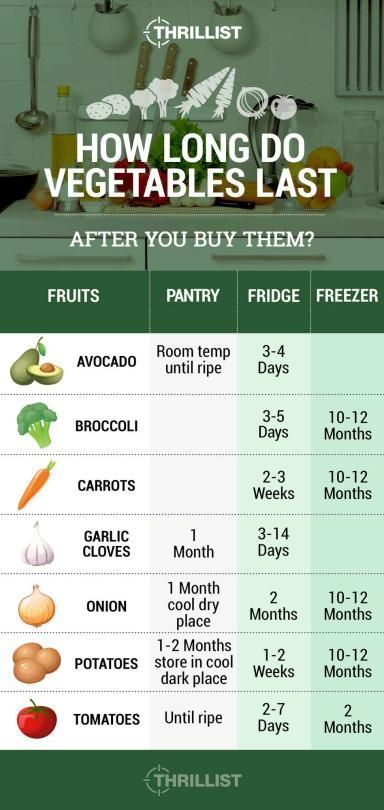Best food supplement for baby
Supplements & Vitamins for Baby
RachelMS, RD, LDN, CSSD, CBS
Read time: 5 minutes
What to know about whether your baby needs extra vitaminsBreastmilk or formula provides your baby with most of the vitamins and minerals they need.1
Depending on the situation, possible supplements infants need include Vitamin K, Vitamin D, Vitamin B12, and iron.
During the first 6 months of life, your baby should exclusively be fed breastmilk and/or formula. Healthy full-term babies will likely get most of the vitamins and minerals they need from that breastmilk or formula.2,3
As your baby begins eating solid foods, usually around 6 months, breastmilk and formula will continue to provide the majority of nutrients and calories.22,23 Adding a variety of fruits and vegetables, whole grains, and protein-dense foods will help your child get more of the nutrients they need. A multivitamin is usually not necessary for babies under 1 year old.1,3
Read more: Nutrient Needs and Feeding Tips for 6 to 12 Month Olds
When does my baby need extra vitamins?Some babies may need additional vitamins, such as:
Premature infants, born weighing less than 3.3 pounds, will likely need extra vitamins and minerals added directly to breastmilk or formula.4
Babies who are exclusively as well as partially breastfed are recommended to be given vitamin D and potentially iron.5,6
Babies born to mothers who follow a strict vegan diet may need a B12 supplement.9
Be sure to chat with your child’s pediatrician before starting any supplements.
Which vitamin supplements could a baby need?Vitamin KWhat does vitamin K do? Vitamin K is necessary to help with blood clotting.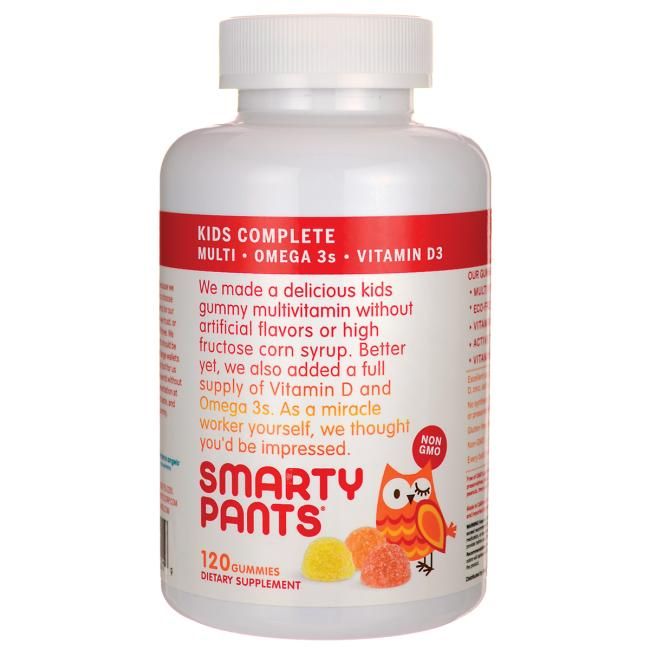 2,7
2,7
Who may need vitamin K? The American Academy of Pediatrics (AAP) recommends that all babies receive a one-time vitamin K injection shortly after birth to reduce the risk of hemorrhagic disease.11
Vitamin DWhat does vitamin D do? Vitamin D allows the body to absorb and retain calcium and phosphorus, both critical for building strong bones.27
What are symptoms of vitamin D deficiency? A vitamin D deficiency can lead to rickets, a bone-softening disease that still impacts children in the U.S., usually in the first two years of life.2,5
Who may need vitamin D? In many cases, breastmilk does not provide adequate vitamin D for baby.4,5 This is why the AAP and other health organizations recommend that all breastfed babies be supplemented with Vitamin D. 6,8
6,8
Formula fed babies generally do not need additional vitamin D supplementation because formula has vitamin D already added. If your baby is drinking at least 32 ounces of formula per day, they are receiving adequate amounts of vitamin D.2,6
Read more: Why Vitamin D Matters for Babies, Tots and Mama
Vitamin B12What does vitamin B12 do? Vitamin B12 keeps the body’s nerve and blood cells healthy and helps make DNA, the genetic material in all cells.9 Vitamin B12 deficiency can cause a type of anemia called megaloblastic anemia that makes people tired and weak.10
What are symptoms of vitamin B12 deficiency? Signs and symptoms of vitamin B12 deficiency in infants include vomiting, lethargy, anemia, failure to thrive, hypotonia (low muscle tone), and developmental delay/regression..jpg) 4,12 Breastfed infants may develop clinical signs of vitamin B12 deficiency before their mothers do.4
4,12 Breastfed infants may develop clinical signs of vitamin B12 deficiency before their mothers do.4
Who may need vitamin B12? Breastfeeding people who may need vitamin B12 include: Vegans and some vegetarians, those who have had weight loss surgery, or people with malabsorption concerns.9 Taking B12 is often necessary for these groups to help make sure that both themselves and their babies are receiving adequate amounts.
Infant formulas must contain vitamin B12, so formula fed babies usually get enough of this nutrient.
If your family is vegan or there are other risk factors for low B12, discussing your family’s diet with a registered dietitian can help provide some insight on supplementation or food choices.13
Read more: Vegan Diet during Pregnancy, Breastfeeding, and for the Family
IronWhat does iron do? Iron plays an important role in the delivery of oxygen to tissues throughout the body.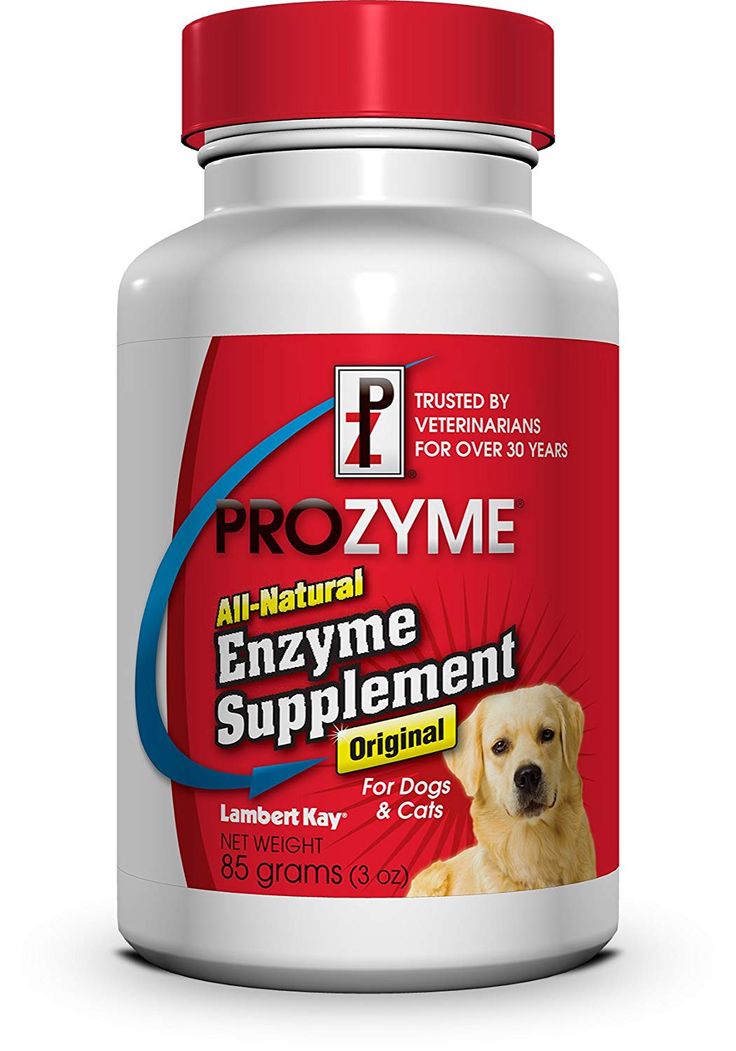 20 This mineral is also important for physical growth and brain development.20
20 This mineral is also important for physical growth and brain development.20
What are symptoms of iron deficiency? There are several levels of iron deficiency before iron deficiency anemia is diagnosed.20 Even mild and moderate deficiencies in babies and toddlers can cause symptoms such as shortness of breath, irritability, weakness, fatigue, and headaches.21
Who may need iron? Breastmilk is low in iron but most babies are born with sufficient reserves of iron while in the womb to protect them from anemia, at least until the age of 4-6 months.4 If you had poorly controlled gestational diabetes, or your baby was premature or smaller than 6 pounds at birth, your baby may not have gotten enough iron during pregnancy.4,14 There is also some research showing that delayed cord clamping at birth can help boost baby’s iron reserves.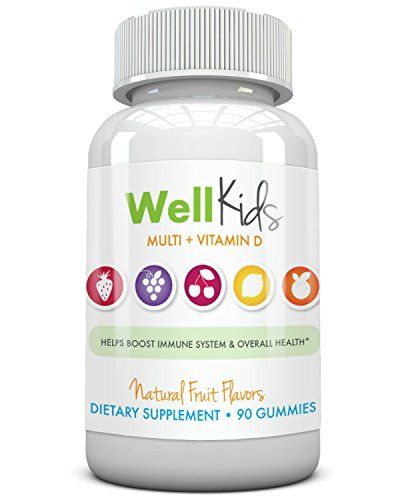 5
5
Babies who are formula fed are recommended to be provided an iron-fortified formula to meet their needs.6
The AAP Committee on Nutrition recommends exclusively and partially breastfed infants receive 1 mg/kg/day of a liquid iron supplement starting at 4-6 months, continuing until iron-containing solid foods are introduced at about six months of age.6,16 However other major organizations, including the Academy of Breastfeeding Medicine as well as the United States Preventative Services Task Force, do not find the research on supplementing your baby compelling enough to recommend supplementation for breastfed babies.5,20
Speak with your baby’s doctor about iron supplementation and whether it’s right for you and your baby.18
Introduce iron-rich foods once your baby begins eating solids. When you begin to introduce your baby to solid food, choose foods that contain iron, like fortified cereals, meats, fish, beans, and vegetables every day.
When you begin to introduce your baby to solid food, choose foods that contain iron, like fortified cereals, meats, fish, beans, and vegetables every day.
Include vitamin C rich foods as well to help iron be absorbed better.25
If you are already supplementing your infant with iron when introducing iron-containing foods, chat with baby’s healthcare provider to see if the iron supplement should be stopped.4,5
Read more:
Why is Iron Important for my Baby and toddler?
What Should I Know about Iron Deficiency Anemia during Pregnancy?
If you have more questions about whether your baby could benefit from vitamins or other supplements, reach out to our team of registered dietitians and moms are available from Monday – Friday 8 am – 6 pm (ET). Chat now!
What to do to make sure baby is meeting their vitamin and mineral needsIf formula feeding, continue to feed your baby with iron-fortified formula through the first yearYour baby is receiving adequate iron and vitamin D in their formula therefore it’s important to continue feeding them infant formula through the first year of life.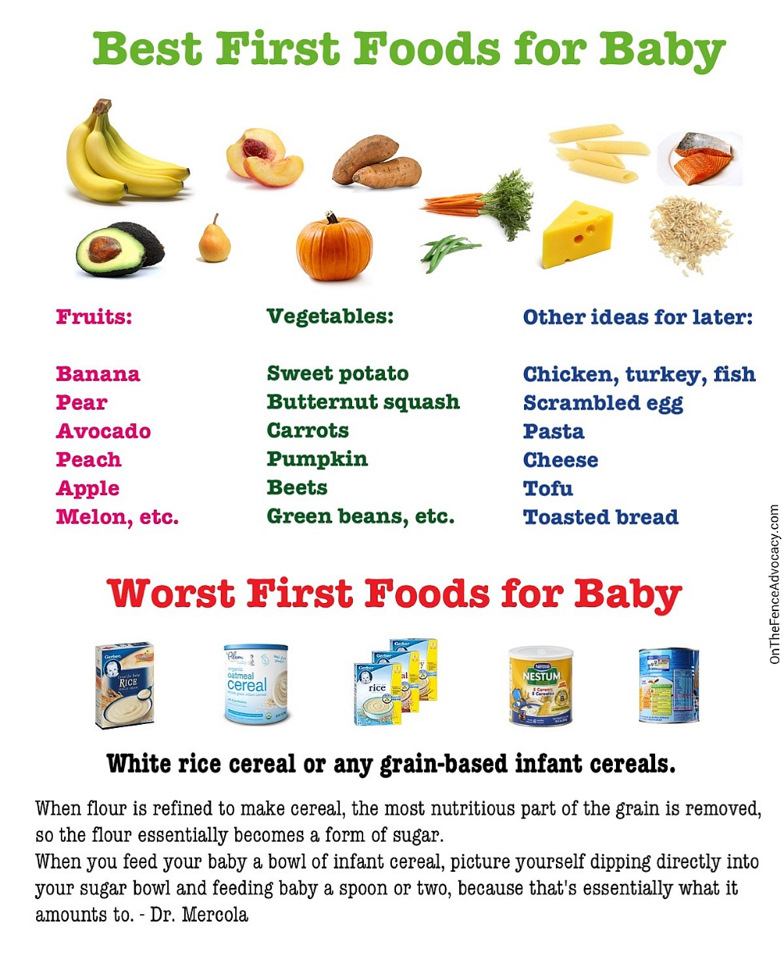 6
6
If you are breastfeeding, chat with your infant’s healthcare provider about supplementing with iron and vitamin D. They’ll let you know if your little one needs a supplement, how much to give, and how long to supplement for.
Tip: One way to supplement your infant is to place the liquid supplement on your nipple before latching baby to feed. Chat with your child’s healthcare provider for more tips on how to give your baby the supplements they may need.
Understand that your preemie may have different needsIf your baby was born prematurely, they may need more iron than a term baby or need larger amounts of other nutrients.9 Speak with your baby’s doctor about your baby’s specific needs.
Do not introduce cow’s milk until after your baby’s first birthday
Babies who are fed cow’s milk (instead of breastmilk or iron-fortified formula) during the first year of life are more likely to develop iron-deficient anemia because the cow’s milk proteins can affect your child’s iron status.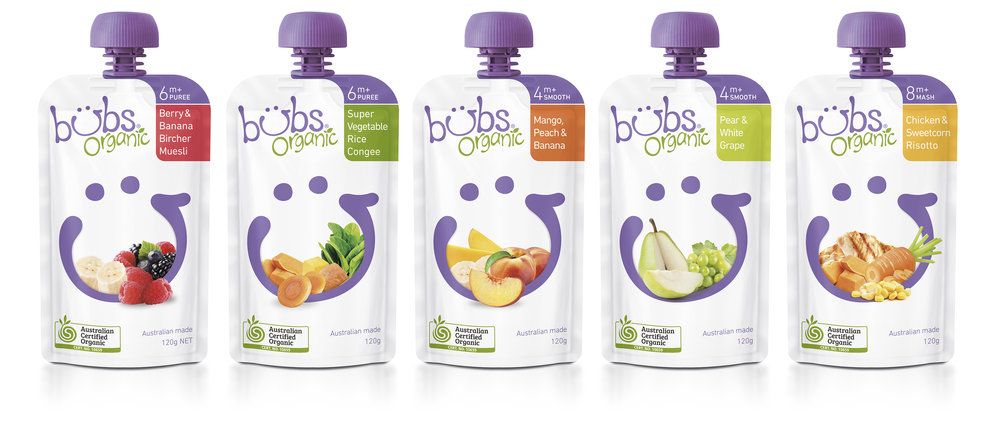 15,24
15,24
Note that while cups of cow’s milk are not recommended before a year, it is safe for your little one to have the small amounts of milk used in baking and cooking. And as long as your child does not have a cow’s milk protein allergy or lactose intolerance, it is also safe for them to eat cheese and yogurt in the texture they can handle.26
Let's Chat!
We know parenting often means sleepless nights, stressful days, and countless questions and confusion, and we want to support you in your feeding journey and beyond.
Our Happy Baby Experts are a team of lactation consultants and registered dietitians certified in infant and maternal nutrition – and they’re all moms, too, which means they’ve been there and seen that. They’re here to help on our free, live chat platform Monday - Friday 8am - 6pm (ET).Chat Now!
Read more about the experts that help write our content!
For more on this topic, check out the following articles:
Meal Plan for 6 to 9 Month Old Baby
Why does Vitamin C Matter for Babies, Tots and Mama
Meeting Your Needs and Baby’s on a Vegetarian Diet
Does your Toddler need Vitamins or Supplements
Why does Vitamin B12 Matter for Babies, Tots, and Mama?
Sources
Our favorite supplements for babies and children
Supplements are always a hot topic with our clients.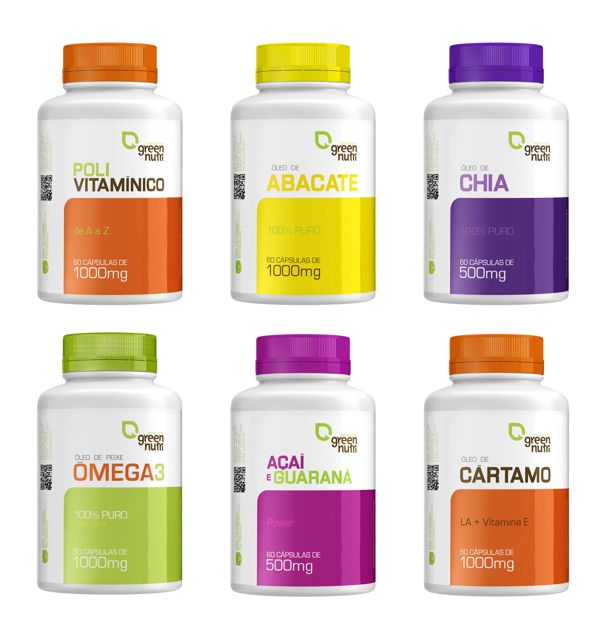 We are constantly asked what supplements we recommend for kids.
We are constantly asked what supplements we recommend for kids.
Here’s our short, main message:
The only supplement most babies and kids all the way to age 18 likely need is vitamin D, per the AAP. However, in certain circumstances supplementation may be warranted, especially if your child’s diet is very limited or if you offering a supplement helps you minimize the pressure you put on your child to eat.
Here are some additional considerations:
- Please check with your child’s pediatrician before giving your child any supplement. The recommendations in this post are informational only and do not replace medical or personalized recommendations.
- Ideally, all of your child’s nutrition would come from food – the exception to this in most cases is vitamin D (see below). The AAP doesn’t recommend routine supplementation except for vitamin D. Supplements can have a place in your child’s diet, but if you are really struggling with their nutrition please take our Infant or Toddler courses too.
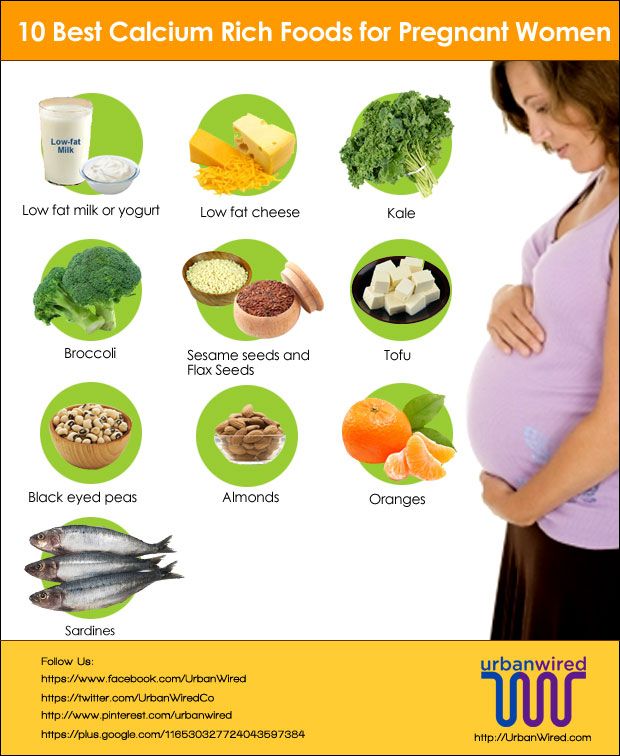 We want infants and children to receive most of their nutrition from what they’re eating/drinking, not from supplements, unless your child has specific medical or developmental needs.
We want infants and children to receive most of their nutrition from what they’re eating/drinking, not from supplements, unless your child has specific medical or developmental needs. - If you are looking to supplement, it’s important to keep a few things in mind when looking for a product. Keep an eye out for what you don’t want: too much. More isn’t always better. Unless your provider recommends supplementing for a deficiency, choose supplements that are less than 100% of the RDA/RDI (Recommended Dietary Allowance) per serving. In addition, look for brands that describe purity standards, clearly list ingredients that are easy to pronounce, and are widely available or available through medical providers.
- This list is by no means exhaustive or all-inclusive. There are so many products out there – these are simply the products we have used and feel good about. If you love the product you’re taking and it’s available to the greater public (not via direct sales), feel free to reach out to us so we can review it.
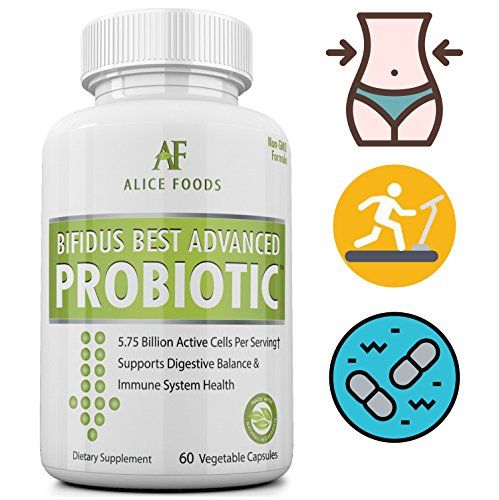
- This list is not specific to any medical conditions or nutrient deficiencies. If you need more personalized help, please work with your pediatrician or pediatric dietitian.
- If you click to the links in this post we will receive a small commission, at no cost to you. This allows us to continue to recommend products and put together resources utilizing our professional expertise. Thank you for using these links!
Vitamin D
Vitamin D is traditionally known for promoting strong bone growth, as it helps the body utilize calcium, but newer research also suggests that optimal vitamin D status may help prevent chronic diseases like asthma, cardiovascular disease and cancer. The best source of vitamin D is sunlight. However, since sunscreen use is important for skin cancer prevention, coupled with our indoor lifestyles, most people are vitamin D deficient.
Interestingly, vitamin D is the only supplement routinely recommended by the American Academy of Pediatrics.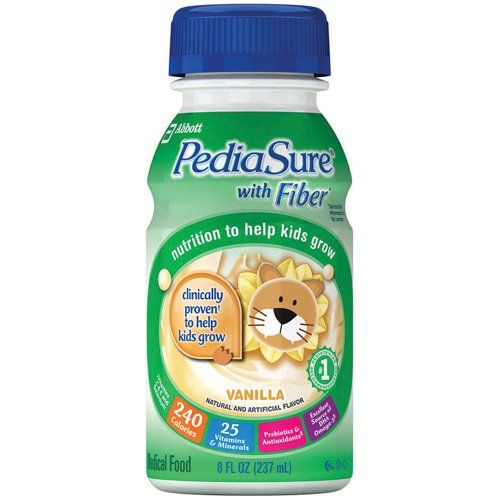 Specifically:
Specifically:
- “Breastfed and partially breastfed infants should be supplemented with 400 IU a day of vitamin D beginning in the first few days of life.” (Feeding Littles edit: new research suggests that if a breastfeeding mom is taking 6400 IU vitamin D a day, supplementation is not necessary. This amount is about 8x what is in a traditional prenatal or multivitamin. It is not unsafe to take 6400 IU yourself and supplement baby with vitamin D concurrently if you are worried about baby’s vitamin D status.)
- Formula-fed or combo-fed infants who are consuming less than 32 ounces per day of vitamin D-fortified formula should receive a vitamin D supplement of 400 IU a day.
- Children and adolescents who do not get 600 IU of vitamin D per day through foods should receive a vitamin D supplement. This amount is found in 6 cups of vitamin D fortified milk – far too much milk for most kids.
- “Children with an increased risk of vitamin D deficiency, such as those taking certain medications and with chronic diseases such as cystic fibrosis, may need higher doses of vitamin D.
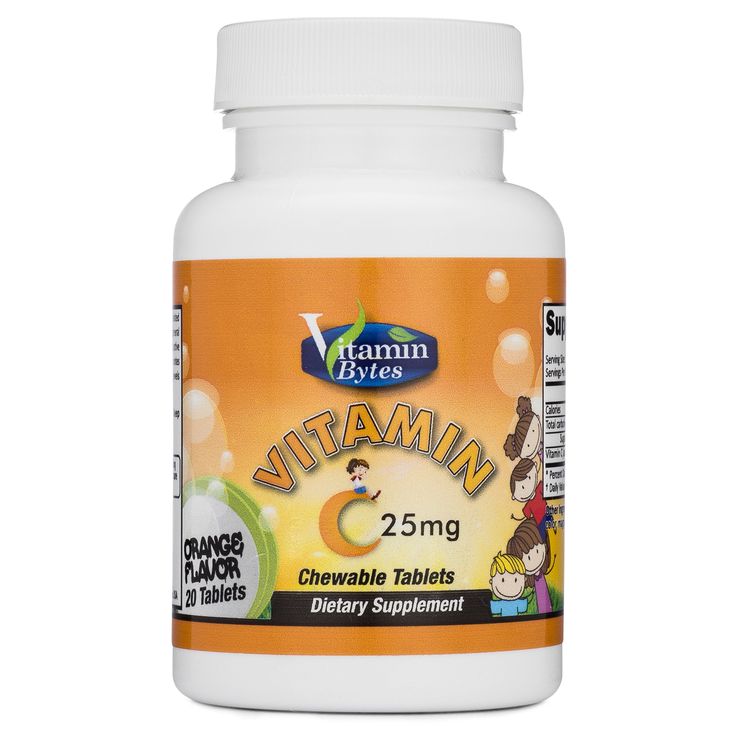 Consult your pediatrician.”
Consult your pediatrician.”
What does this mean? Essentially every child should receive a vitamin D supplement throughout infancy and childhood, unless they are getting at least 32 oz of formula as a baby or if they’re breastfeeding and mom is taking 6400 IU vitamin D herself. Again, kids 12+ months need 600 IU per day, an amount that is very difficult to obtain through food. They would need to drink 48 ounces of fortified milk – far too much!
We know that some parents are uncomfortable with supplementation and think that children should get all they need from their food. While we agree with this philosophy, vitamin D may be the exception. When children were tested for vitamin D status, over 70% were considered insufficient. Vitamin D, especially when given in very simple supplements, is a safe and effective way to help build strong bones and prevent chronic disease. If you decide not to supplement your child, we recommend annual vitamin D testing.
When looking for a vitamin D supplement, watch ingredient lists.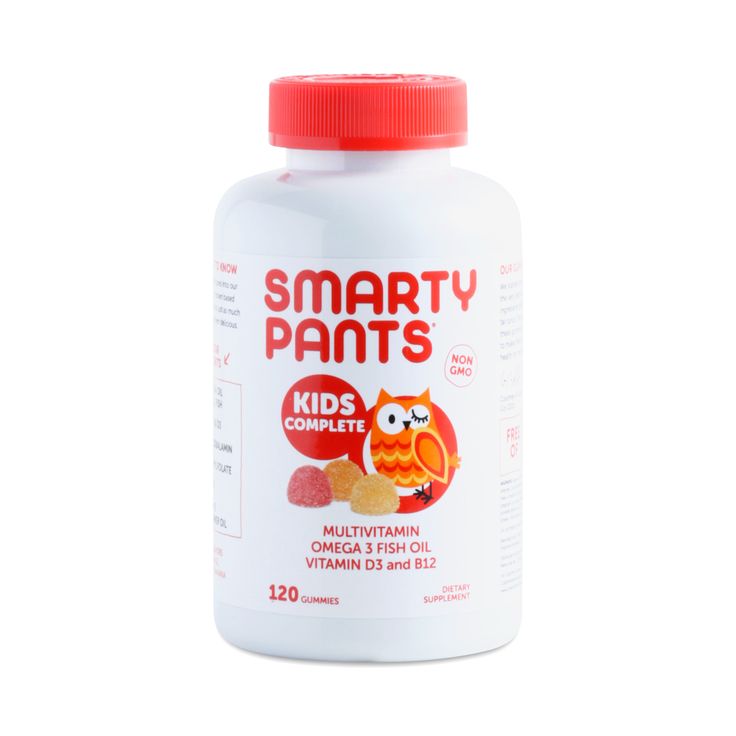 Look for simple words you can pronounce. There are many very simple options available – no need for tons of ingredients or preservatives. If your child takes a multivitamin (see below) that contains 400-600 IU vitamin D or more, you do not need a separate vitamin D supplement.
Look for simple words you can pronounce. There are many very simple options available – no need for tons of ingredients or preservatives. If your child takes a multivitamin (see below) that contains 400-600 IU vitamin D or more, you do not need a separate vitamin D supplement.
Vitamin D3 is the form of vitamin D most often found in over-the-counter supplements. It’s derived from animal sources, whereas vitamin D2 is derived from plant sources. While vitamin D3 might be more absorbable than vitamin D2, most physicians agree that what matters most is taking vitamin D in supplemental form when needed instead of worrying about the form or type of vitamin D.
Here are some products we recommend:
Infants (under 12 months):
Thorne Vitamin D/K2 – 500 IU per drop (vitamin K2 can help with vitamin D absorption)
Carlson Labs Baby’s Super Daily D3 – 400 IU per drop
UpSpring Baby Vitamin D3 Drops – 400 IU per drop
Nordic Naturals Vitamin D Drops – 400 IU per drop
Baby D Drops – 400 IU per drop
Mommy’s Bliss Vitamin D Drops – 400 IU per drop
Zarbee’s Natural’s Vitamin D Supplement – 400 IU per 0.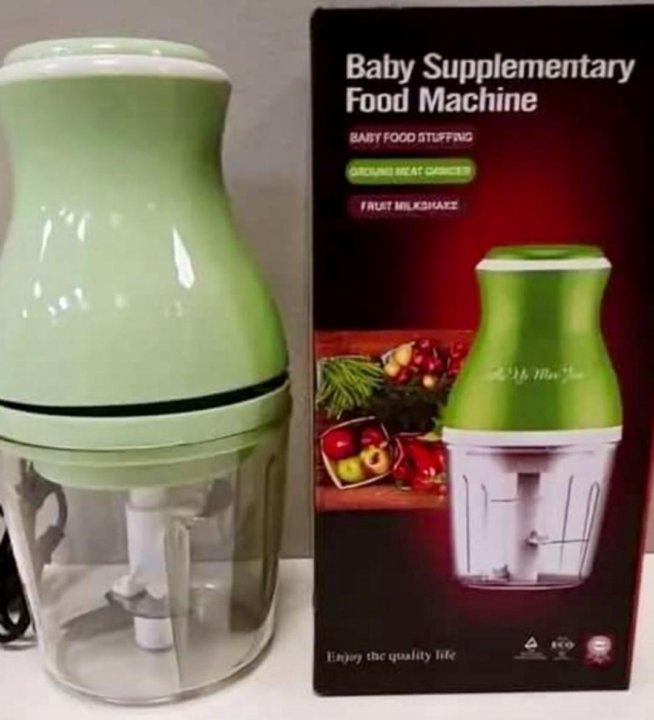 25 mL
25 mL
Toddlers/Kids (12+ months)
(Note: you can also offer 2 drops of the 400 IU vitamin D drops listed above if you don’t have a 600 IU drop. The established Upper Limit for vitamin D in kids is 2,500 IU, so having a double dose of the infant drop – 800 IU – is considered safe.)
D Drops Booster – 600 IU per drop
Joy Spring Vitamin D Drops (with vitamin K2) – 1000 IU per 5 drop serving (600 IU per 3 drops)
Renzo’s Dynamite D3 – 1,000 IU per tab
Mary Ruth’s Vitamin D Spray – 800 IU per 4 spray serving (600 IU per 3 sprays)
Iron
Iron is a mineral that helps carry oxygen from the lungs to every muscle in the body. Iron-deficiency in kids can be mild to severe. Severe deficiency can lead to issues with growth and brain development, so iron deficiency is something providers take seriously.
Babies receive iron in breast milk and iron-fortified formula, although their iron needs go up starting at age 7 months. Because of this, babies need more iron than what they can get from breast milk or formula in the second half of infancy. This is why we recommend high-iron foods every day when you start complementary foods (6+ months) – because babies need that extra iron.
This is why we recommend high-iron foods every day when you start complementary foods (6+ months) – because babies need that extra iron.
High-iron foods include: beef, poultry, fish, whole grains, iron-fortified grains and cereals, leafy greens, nut and seed butters, beans and lentils.
How do I know if my child needs an iron supplement? Your provider will likely do a blood test to check your baby’s iron level at your 12 month appointment. Most babies and kids do not need supplemental iron if they’re getting iron in food, but if your baby was premature or has an increased risk of iron-deficiency, your provider might recommend an iron supplement. Oftentimes, providers recommend raising iron levels with food first.
If you’re worried about your child’s iron status, talk to your provider.
Some iron supplements can have a really unfavorable taste. We’ve included products that seem to be well-liked by our clients.
Here are some products we recommend if supplemental iron is indicated:
Infants (under 12 months):
Novaferrum Pediatric Drops Liquid Iron for Infants and Toddlers
Toddlers/Kids (12+ months)
Novaferrum Pediatric Drops Liquid Iron for Infants and Toddlers
Renzo’s Iron Strong with Vitamin C – 2+ years
Multivitamins
Most parents assume their kids need a multivitamin to be healthy. However, research suggests that multivitamins are best used when children exhibit a deficiency, not as a catch-all for every kid. Yes, kids don’t always eat a balanced diet, but unless they are deficient in certain nutrients they probably do not need a multivitamin.
However, research suggests that multivitamins are best used when children exhibit a deficiency, not as a catch-all for every kid. Yes, kids don’t always eat a balanced diet, but unless they are deficient in certain nutrients they probably do not need a multivitamin.
However,…sometimes adding a multivitamin to a toddler’s or child’s routine can help parents stress less (and thus lay off the pressure) at mealtime, especially if the child is especially picky. Some conditions also increase a child’s need for a multivitamin. And since we do know kids probably need a vitamin D supplement, a multivitamin containing vitamin D is a one-two punch.
What about babies? We generally do not recommend a routine multivitamin for full-term, healthy infants unless indicated by their provider. They simply need supplemental vitamin D if not getting enough of it in their milk (see above).
Here are some products we recommend if supplementation is indicated:
Infants (Under 12 months) – includes 400 IU vitamin D:
(Reminder: most infants do not need a multivitamin – these products are suggestions if a multivitamin is suggested by their provider):
Mommy’s Bliss Baby Multivitamin + Iron
NovaFerrum Multivitamin with Iron for Infants and Toddlers
NovaFerrum Vegan Multivitamin with Iron for Infants and Toddlers
SmartyPants Baby Multi + DHA
Zarbee Baby Multivitamin
Toddlers (1-3 years):
Contains enough vitamin D (600 IU):
Zarbee’s Toddler Multivitamin – recommended for ages 2-3, watch for choking safety with gummies and brush teeth after offering
Does not contain enough vitamin D – an additional 400 IU vitamin D drop or at least 2 cups fortified milk/milk alternative are recommended with these products:
NovaFerrum Multivitamin with Iron for Infants and Toddlers
NovaFerrum Vegan Multivitamin with Iron for Infants and Toddlers
SmartyPants Baby Multi + DHA
SmartyPants Toddler Formula Gummies with Omega-3s – recommended for ages 2-3, watch for choking safety with gummies and brush teeth after offering
Renzo’s Picky Eater Multivitamin with Iron – 1/2 tablet for kids ages 2-3
Kids (4+ years) – Includes at least 600 IU vitamin D:
Many of the kids multivitamins that contain the nutrient ratios we prefer come as gummies.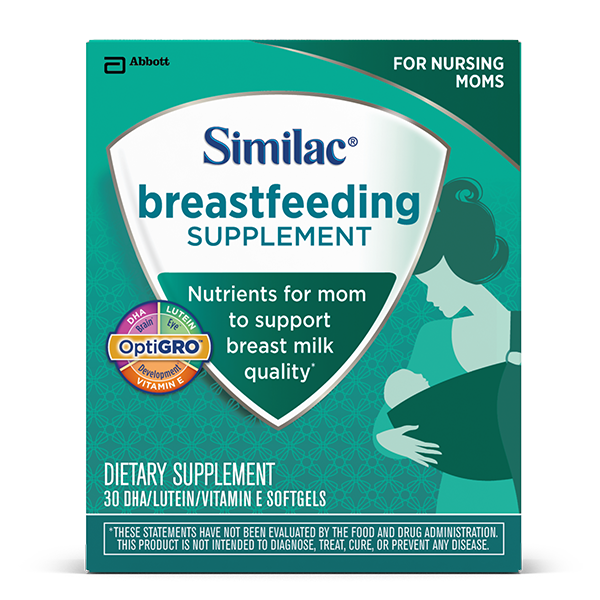 We recommend brushing your child’s teeth afterwards if offering gummies.
We recommend brushing your child’s teeth afterwards if offering gummies.
Garden of Life Vitamin Code Multivitamin for Kids
SmartyPants Kids Multivitamin – includes omega-3s
SmartyPants Kids Organic Multivitamin – includes omega-3s and probiotics
Renzo’s Picky Eater Multivitamin with Iron – 2 tablets for kids ages 4+
Probiotics
Probiotics are such a hot topic right now, as more and more research is emerging to suggest the importance of a healthy gut flora. We plan to write an entirely separate post specific to probiotics, their uses, which strains to focus on for given issues, etc. The recommendations below are simply a few general high-quality probiotics that we use and love.
Probiotics are the live bacteria and other organisms that live in our GI tract and various parts of our body. They are responsible for fighting off invaders as part of the immune system defense and may play a role in disease prevention, gut health, skin health, and neurological function.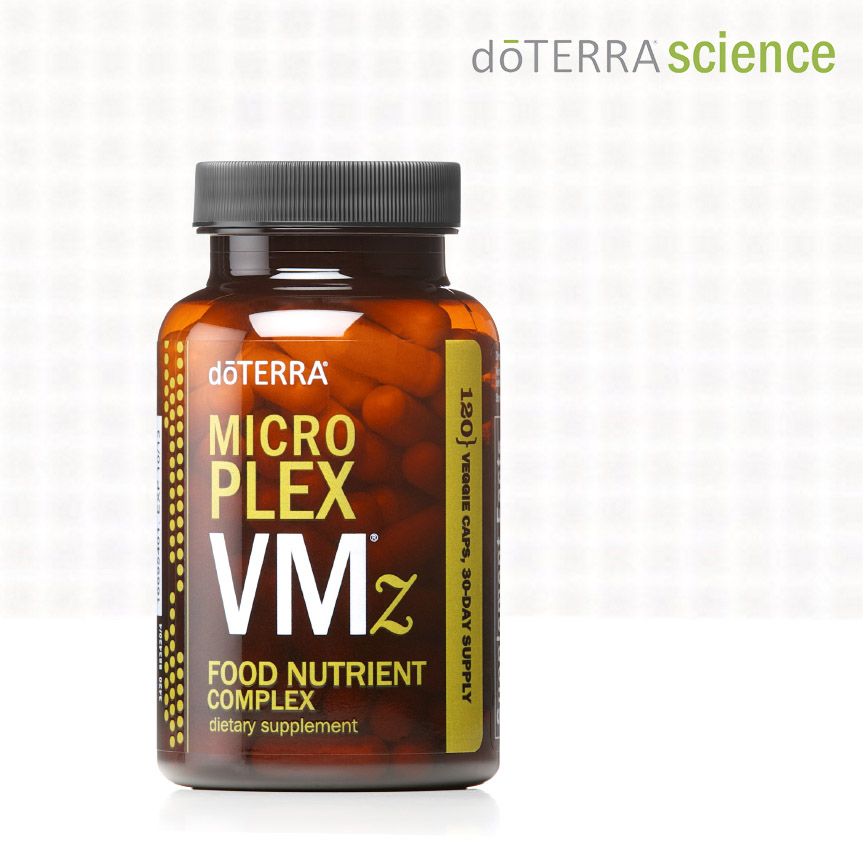
In general, if your baby is breastfeeding or is using a formula that contains probiotics, additional probiotics are not necessary. However, if you baby has taken antibiotics, is exposed to a lot of germs at daycare or while traveling, or has any skin or digestive upset it is generally considered safe to start a probiotic to see if it helps. If your child has any medical conditions or is immunocompromised, please talk to your doctor first.
What about probiotics for toddlers and older children? If your toddler or child doesn’t have breast milk, yogurt, kefir, sauerkraut, kim chi other fermented foods a few times a week, a probiotic may be a good idea. This might especially be the case if your child struggles with constipation (or diarrhea), eczema or skin issues, uses antibiotics, or seems to get sick often. Again, check with your doc!
Below are some products we like – again, there are MANY probiotics out there, but these are the ones we’ve used the most. We prefer probiotics with at least 3-5 billion CFU (colony forming units) per serving and at least 4 different bacterial strains, but not every probiotic will fit that bill.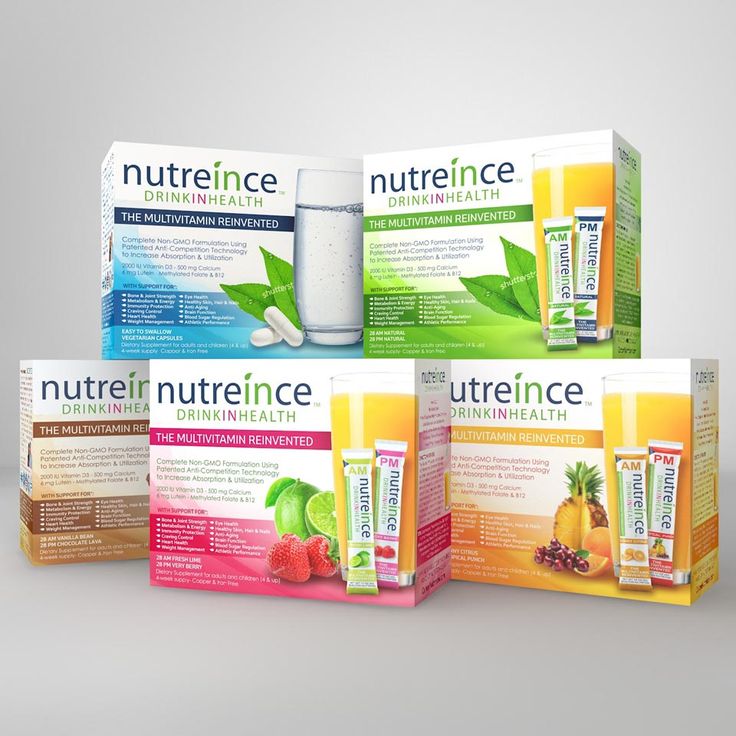
What should I do if my child needs to be on antibiotics? We love using Florastor Kids during antibiotic use because it’s made from S. boulardii, a yeast strain not killed by antibiotics. S. boulardii can help prevent antibiotic-induced diarrhea.
Note: Florastor Kids is the exception to these guidelines and should be used during antibiotic regimens, as S. boulardii can help prevent antibiotic-induced diarrhea. The probiotic strain in Florastor is a yeast, not a bacteria, so it’s not killed by the antibiotic.Some probiotics need to be shipped and stored refrigerated. Carefully read product labels to ensure proper storage. In general, probiotics can be put in a bottle, stirred into food or put on a nursing mother’s nipple. Some families also put probiotics on a clean finger directly into baby’s mouth.
Here are some products we recommend if supplementation is indicated:
Infants (under 12 months):
Klaire Ther-Biotic For Infants
Garden of Life Baby Probiotics
Nordic Natural’s Baby Nordic Flora
Toddlers/Kids (12+ months):
Klaire Ther-Biotic Children’s Chewable – age 2+
Lovebug Probiotic and Prebiotic for Kids
Mary Ruth’s Organic Probiotic Drops
Garden of Life Organic Kids Probiotics
HyperBiotics Pro Kids
Omega-3s
EPA and DHA are essential fatty acids present in breast milk, formula, fatty fish and (in much less bioavailable quantities) flax seeds, walnuts, and chia seeds.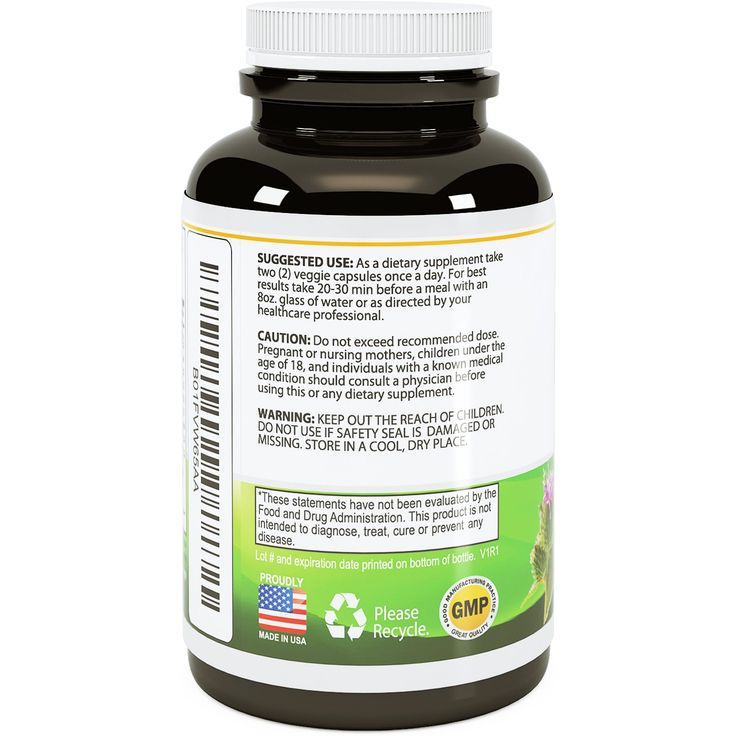 DHA specifically is responsible for eye and brain development and serves as a potent anti-inflammatory agent in the body, potentially helping in management of asthma, ADHD, and in prevention of heart disease later in life. If your baby or child is breastfeeding or is using formula containing DHA, or if your child is eating fatty fish like salmon or sardines a few times a week, supplementation is not necessary.
DHA specifically is responsible for eye and brain development and serves as a potent anti-inflammatory agent in the body, potentially helping in management of asthma, ADHD, and in prevention of heart disease later in life. If your baby or child is breastfeeding or is using formula containing DHA, or if your child is eating fatty fish like salmon or sardines a few times a week, supplementation is not necessary.
However, using an omega-3 supplement probably cannot hurt and can help ensure that your child consumes omega-3 fats, which are otherwise somewhat hard to get in high doses in the diet if your child doesn’t eat fatty fish. Some eggs and milk are fortified with omega-3s, but it may be more cost effective to use a supplement. We love Nordic Naturals brand, as they are incredibly transparent in their processing of fish and algae oils and remove any contaminants or heavy metals utilizing molecular distillation.
While the guidance is mixed, on average we recommend approximately 100 mg per day of DHA via the form of food or supplements. Again, if your child is breastfeeding or drinking a DHA-fortified formula, or if they eat fatty fish or DHA-fortified foods regularly, they probably do not need a supplement. However, unless contraindicated by your physician it likely does not hurt, especially after your baby weans from breast milk or formula.
Again, if your child is breastfeeding or drinking a DHA-fortified formula, or if they eat fatty fish or DHA-fortified foods regularly, they probably do not need a supplement. However, unless contraindicated by your physician it likely does not hurt, especially after your baby weans from breast milk or formula.
Here are some products we recommend if supplementation is indicated:
Infants (under 12 months)
Again, infants do not need DHA if they’re breastfeeding or receiving fortified formula. If you decide to offer extra DHA, we recommend waiting until at least 6 months.
Nordic Naturals Baby’s DHA
Toddlers/Kids (12+ months):
Nordic Naturals Children’s DHA Strawberry
Nordic Naturals Children’s DHA Gummies
I hope this post helped you dissect the complicated world of supplements and find a product that works for you!
And in case you were wondering, I personally give my girls Thorne Vitamin D/K2 (1 drop), Klaire Children’s Chewable probiotic (1 chewable) if they’re not eating many probiotic foods, and Nordic Naturals Omega-3 Fishies (1 gummy) if they’re not eating vey much fatty fish.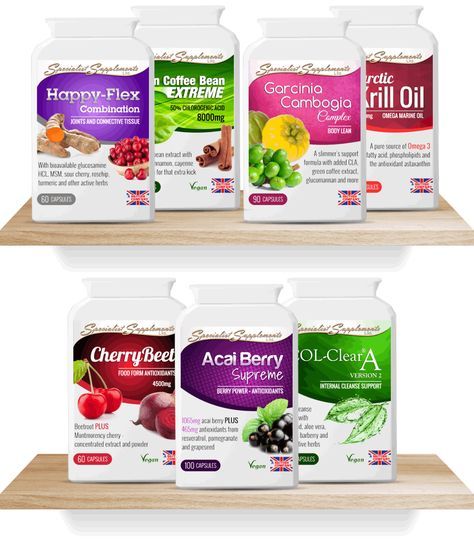
Most vitamins come from food. However, in some cases, their deficiency occurs in the children's body. For example, if the child is small or has food allergies. To compensate for the lack of nutrients, it is necessary to take vitamins in tablet or liquid form as a dietary supplement.
In the American online store iHerb, vitamins for children are presented in a wide variety. They are clinically tested and have positive feedback from pediatricians. Importantly, preparations for children have a pleasant taste, so there are usually no difficulties with taking them.
Why buy vitamins for children on iHerb?
iHerb is the #1 store selling a wide range of natural and sustainable products. It is worth ordering vitamins for children at Eicherb for the following reasons:
- Quality products. The store cares about the health of consumers. The range includes products with high-quality and safe composition.
- Wide range. The store has a large selection of products.
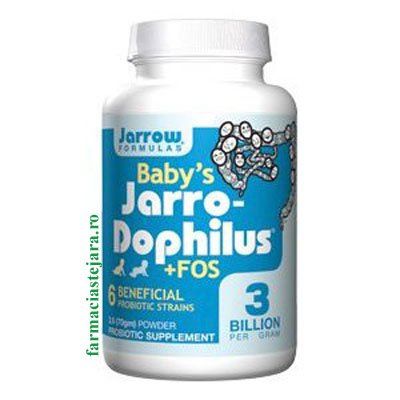 Only vitamins more than 8 thousand items.
Only vitamins more than 8 thousand items. - Reliable suppliers. The store cooperates only with trusted intermediaries who have an excellent reputation in the market and all the necessary certificates confirming the quality of the products.
- Favorable cost. Buying children's vitamins at iHerb is cost-effective. Their price on the site will be lower than in regular stores. To reduce the cost, you can also use discounts and promotional codes, participate in regular and seasonal promotions.
- Fast delivery. The store offers different delivery methods: New Mail, Meest Express, DHL Express, Ukrposhta. The average delivery time is 10 days.
- Guarantee of freshness and quality of products. The store carefully monitors the expiration dates of goods. They are stored in perfectly clean warehouses with an air conditioning system, which prevents them from spoiling. The likelihood of receiving expired or damaged goods is minimized.
- Convenience. The store provides quality service to its customers.
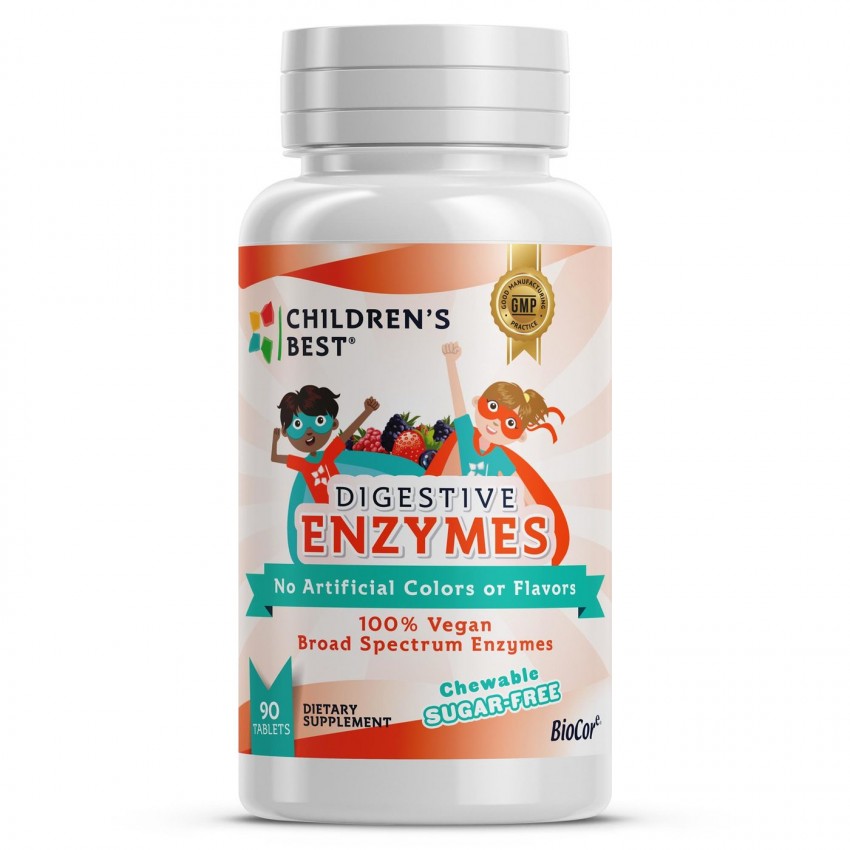 It offers a user-friendly website and mobile application, a large selection of payment instruments, prompt delivery, and 24/7 support.
It offers a user-friendly website and mobile application, a large selection of payment instruments, prompt delivery, and 24/7 support.
All of these factors make iHerb so popular.
Tips for choosing children's vitamins at iHerb
It is recommended to buy children's vitamins in the iHerb online store only after consulting a pediatrician. The doctor will determine what supplements the child's body needs. It is impossible to prescribe vitamins on your own, based on assumptions or information from the Internet.
Supplements should be appropriate for the age of the child, as each stage of development requires certain substances. Depending on this criterion, vitamins can be divided into several groups:
- up to 1 year — the pediatrician recommends vitamins A, C, D, PP and others for prematurity, rickets, beriberi, reduced immunity;
- 1 to 3 years - Toddlers need calcium, vitamin B, antioxidants and other nutrients;
- 3 to 7 years - Supplementation with supplements A, B, E, K is very important for preschool children;
- after 7 years - schoolchildren are shown complex supplements that have a balanced composition;
- for teenagers - in adolescence, hormonal changes in the body occur, so vitamins A, B, D, E, C, K should be added to the child's diet.
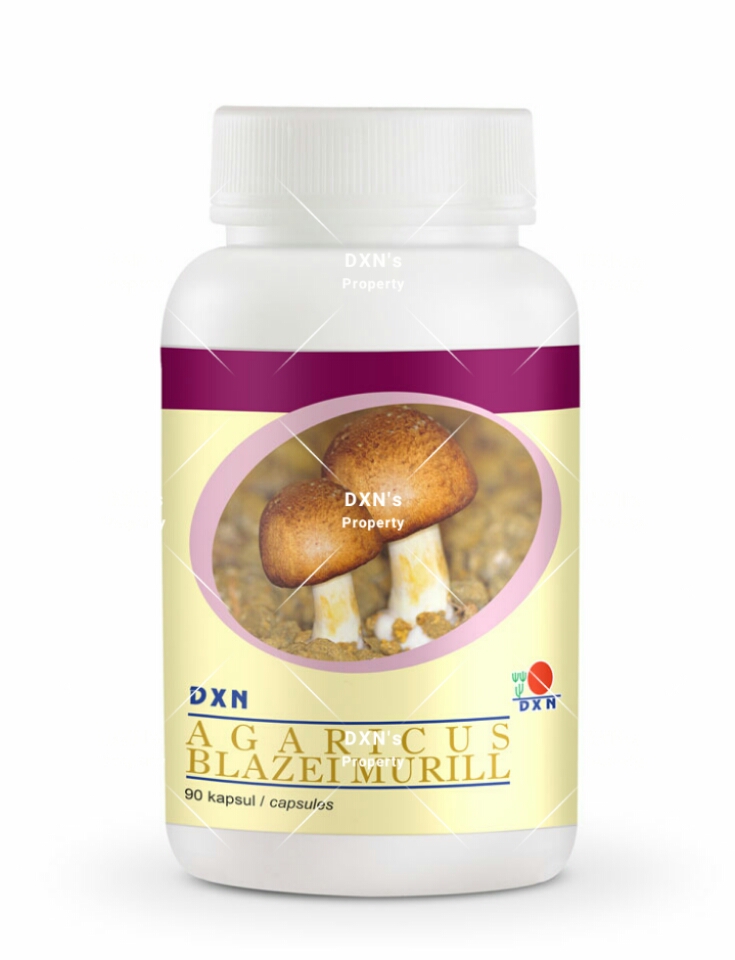
Gender should also be considered when choosing supplements. There are vitamin complexes for girls and boys.
The criteria by which we rated children's vitamins on iHerb for our rating
Recommendations from YourHerbs specialists can be trusted. They are the result of a thorough analysis of the products presented on iHerb. Each drug is evaluated according to a number of criteria.
Composition
Children's body is very vulnerable. Therefore, we pay special attention to the composition of food additives. It must be natural and safe. In the rating, we have collected drugs that do not contain GMOs, dyes and other harmful components.
In any case, we recommend that you buy iHerb children's vitamins only in accordance with the recommendations of your pediatrician. The doctor will determine exactly whether the chosen supplement is suitable for the child or not. They have been repeatedly awarded prestigious awards, which confirm the high quality of their products.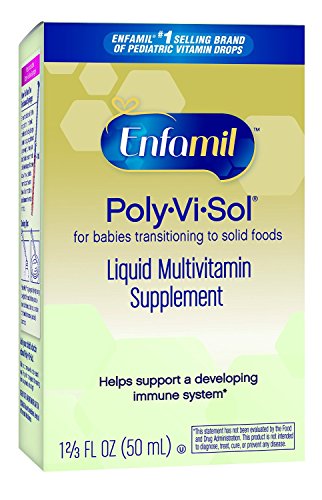
We've put together a list of brands you can trust:
- California Gold Nutrition;
- Childlife Clinics;
- NaturesPlus;
- MegaFood;
- Solgar.
The products of these manufacturers are highly rated on the iherb website.
Dosage and route of administration
Children are reluctant to take tablet supplements. Therefore, we recommend masked nutrition. These are vitamins in the form of gummies. Children eat them with great pleasure and benefit at the same time.
Powdered vitamins are suitable for very young children. They are mixed with food and drinks, so they are easy to add to the diet.
There are also other forms of children's vitamins:
- syrup;
- gel;
- effervescent tablets.
In what dosage to take the vitamin, you can find out from the instructions for the drug.
Duration of application
The duration of taking vitamins depends on the individual characteristics of the child's body.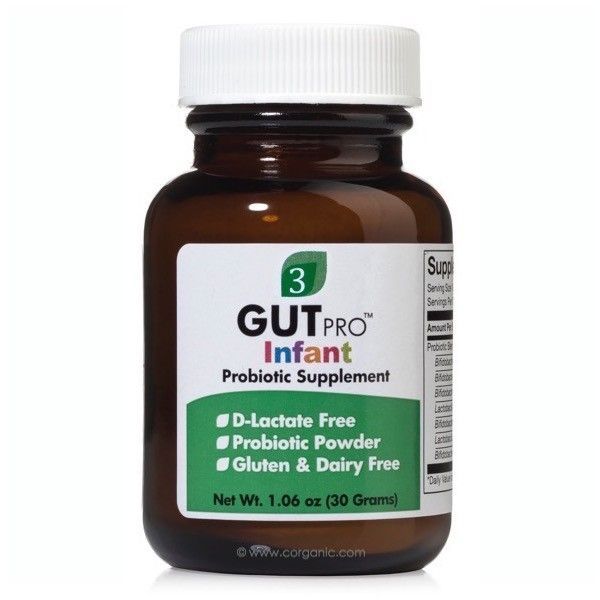 Usually it is 1 month. But it is necessary to consult a pediatrician on this issue so that he is ahead of the exact duration of the course, taking into account the needs of the child.
Usually it is 1 month. But it is necessary to consult a pediatrician on this issue so that he is ahead of the exact duration of the course, taking into account the needs of the child.
Pediatric reviews
Expert reviews will help you get a complete picture of the nutritional supplement. You can find them both on the iHerb website and on thematic forums. It is worth noting that not all reviews can be trusted. It is better to consult your doctor so that he can express his opinion about the drug.
Contraindications
Many vitamin supplements have contraindications. For example, some drugs cannot be taken due to individual intolerance, others due to the presence of chronic diseases. To avoid adverse health effects, you should always carefully study the contraindications to the drug. Consultation with a pediatrician on this issue is also necessary.
The effect of taking vitamin
Children's vitamins presented in the Eicherb store catalog have different pharmacological effects. Vitamin C should be given to improve immunity, vitamin D should be given for normal development, and vitamin A should be given to improve eyesight. But this is possible subject to the indicated dosage and after completing a full course.
Vitamin C should be given to improve immunity, vitamin D should be given for normal development, and vitamin A should be given to improve eyesight. But this is possible subject to the indicated dosage and after completing a full course.
Safety
It is worth giving preference to drugs that have been independently tested. Their safety is confirmed, so do not be afraid of negative health consequences. It is also important to study the composition. It should not contain harmful components or GMOs.
Best Children's Vitamins on iHerb According to YourHerbs Experts
Vitamins on iHerb for Children are presented in a wide variety. To make it easier for you to choose, YourHerbs experts have compiled a rating of the best of them.
1. California Gold Nutrition Liquid Vitamin D3 for Children
The vitamin is in liquid form and comes in a glass vial. It is placed in a cardboard box, which depicts a smiling baby.
Recommended by pediatricians for children who are fully or partially breastfed.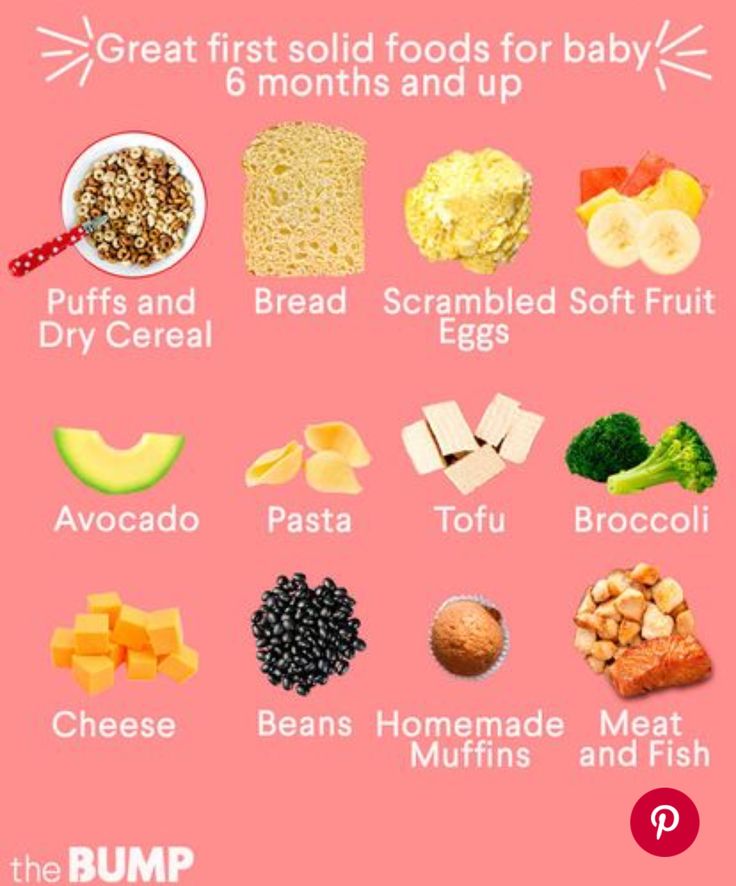 They do not get enough vitamin D3, so it must be obtained as a dietary supplement. The drug promotes the absorption of calcium and phosphorus, which are needed for strong bones and teeth.
They do not get enough vitamin D3, so it must be obtained as a dietary supplement. The drug promotes the absorption of calcium and phosphorus, which are needed for strong bones and teeth.
Liquid Vitamin D3 is free of alcohol, gluten and GMOs. Its safety has been confirmed by independent clinical trials. It must be given to the child from the first days of life until the moment of weaning. Daily dosage - mcg. Vitamin can be given in its pure form or mixed with milk.
2. California Gold Nutrition Children's Multivitamin
Children's Multivitamin comes in a white bottle with a bright red label featuring berries and fruits. Inside contains 60 chewable tablets. The composition covers all the basic needs of a growing child's body. It contains vitamin A, vitamin C, vitamin D2, vitamin E, vitamin B6, folate, vitamin B12, biotin, zinc, sodium and other components.
Recommended for children over 4 years of age. It is recommended to take two chewable tablets daily with or without food. Parents should ensure that the child chews the tablet thoroughly.
Parents should ensure that the child chews the tablet thoroughly.
3. Vitables, Gummy Vitamin C For Children
Gummy Vitamin C For Children is one of the most requested children's vitamins on iHerb. A white plastic bottle with a cartoon character on the label contains 60 gummies with a pleasant orange flavor.
Vitamin C is designed to strengthen the body's defenses. Thanks to him, the child will be less sick with colds and viral diseases. Vitamin C gummies are recommended by pediatricians for children 4 years of age and older. On the day you need to eat one marmalade without reference to food intake.
4. Vitables, Gummy Vitamin D3 For Children
These are gummies with vitamin D3. They have a strawberry flavor. They are sold in a transparent bottle, which depicts a cartoon superhero.
Vitamin D3 helps to strengthen bones and the immune system. It is especially necessary for growing children for the proper formation of various body systems. Doctors prescribe it for severe deficiency, which can lead to serious illness. On the day, it is enough for a child to eat one marmalade without reference to a meal.
Doctors prescribe it for severe deficiency, which can lead to serious illness. On the day, it is enough for a child to eat one marmalade without reference to a meal.
5.UpSpring, Kids, Vitamin D3 Drops
Available in a convenient 9.13 ml flexible bottle or 365 drops. White and pink packaging.
The food supplement has a good reputation among pediatricians for being safe and tasteless. Vitamin D-3 is given to infants who are breastfed, as they are often deficient during this period. Contraindication is individual intolerance to the substance.
The prescribed dosage is 1-2 drops. The recommended duration of admission is 1 month, but it can be adjusted by the pediatrician. The effect of taking vitamin D-3 is to prevent rickets.
6. Vitables, Chewable Vitables Magnesium for Children
Chewable magnesium tablets for children have a pleasant cherry flavor. They are sold in a white bottle with a picture of a cartoon hippopotamus. The package contains 90 tablets.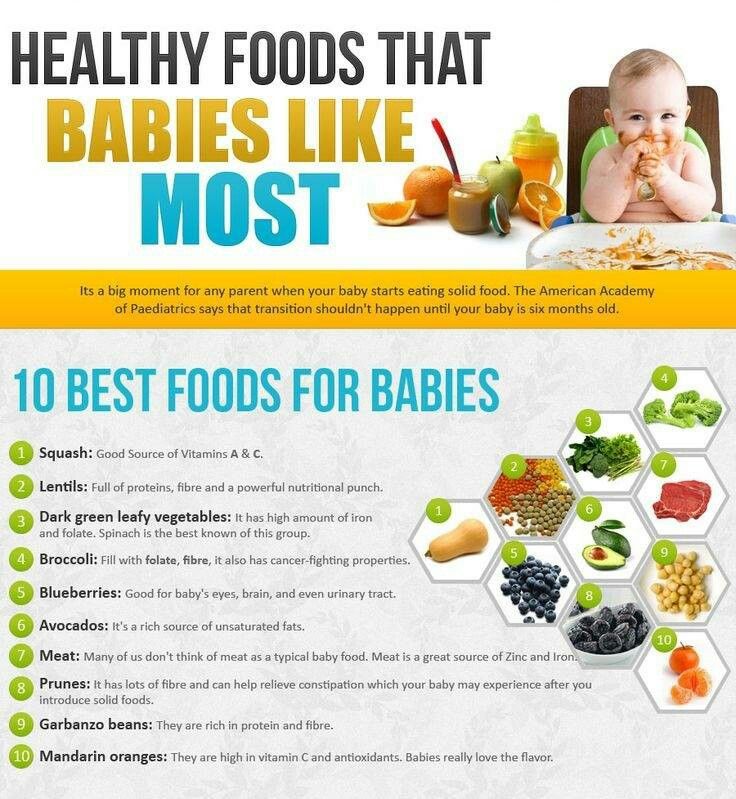
Magnesium is essential for growing children, as it ensures proper metabolism. It also has a positive effect on the functioning of the nervous system. With a sufficient amount of magnesium in the body, the child is active and develops properly.
Pediatricians recommend chewable tablets for children 4 years of age and older. The daily norm is 2 tablets per day without reference to meals.
7. Nature's Way, Alive! children's multivitamin supplement
Translucent orange vial contains 90 gummies in assorted flavors. The label depicts cartoon fruits, berries and vegetables on a green lawn.
Multivitamin Complex contains 15 vitamins and minerals needed to support the growth and development of the body in a balanced way. It has a positive effect on bone health, vision, immunity.
Pediatrician recommended for children over 2 years of age. They need to take 2 tablets daily with meals. At the age of 4 years, the daily dosage increases to 3 tablets. The product is not intended for children under 2 years of age as there is a risk of suffocation.
The product is not intended for children under 2 years of age as there is a risk of suffocation.
8. Natures Plus, Source of Life, Animal Parade, Vitamin C
Animal-shaped vitamin C chewable supplement. Sold in a brown bottle with an orange label. The jar contains 90 tablets.
Doctors recommend including a vitamin C supplement in your child's daily diet. It has a bright orange flavor, but there is no sugar in the composition. Children will be happy to take it, thereby providing invaluable benefits to their body - vitamin C fights free radicals, strengthens the immune system and provides energy for the whole day.
The daily dosage is two chewable tablets per day. It is important to strictly adhere to the daily norm. Overdose can lead to poisoning.
9. Natures Plus, Source of Life, Animal Parade, Calcium
Healthy Calcium Supplement is available as a creamy sundae flavored chewable candy. The brown vial with a blue label contains 90 tablets.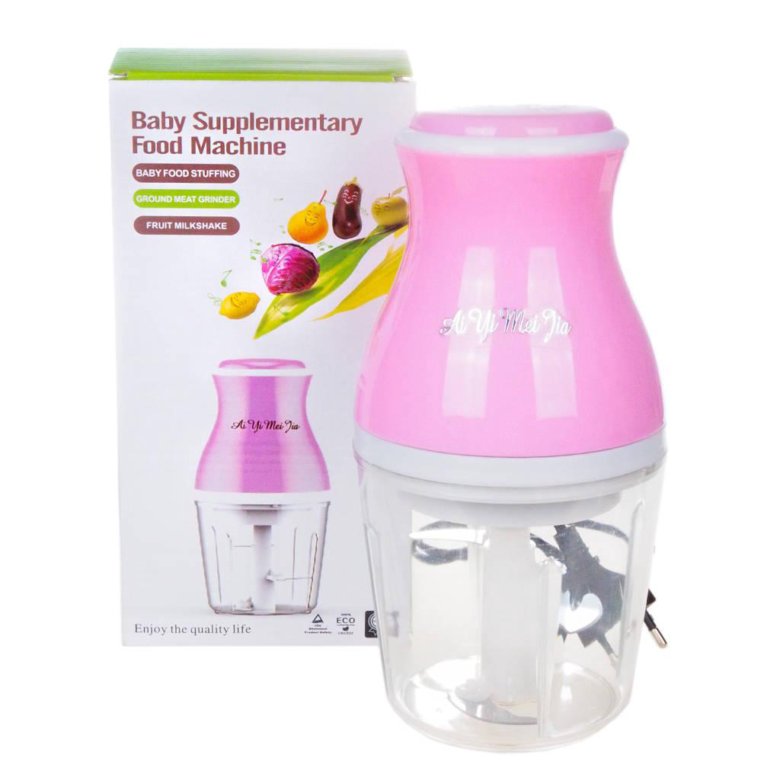
A sufficient amount of calcium in the body is a necessary condition for the normal development of the child's skeletal system. With hypovitaminosis, the pediatrician prescribes this substance in the form of a dietary supplement. The daily dosage is two chewable tablets.
10. GummiKing, calcium and vitamin D for children
Calcium and vitamin D gummies are sold in a clear bottle. The label depicts a cartoon character with a crown on his head. The package contains 60 chewable tablets.
Vitamin complex helps to strengthen bones, muscles and teeth. Children like it, because marmalades have different fruit flavors. At the same time, the composition does not contain gelatin, gluten, artificial flavors.
Daily dosage - 2 chewable tablets. It is strictly not recommended to give gummies to children under 2 years of age, as they may choke.
11. Solgar, U-Cubes, Children's Gummies with Multivitamins and Trace Minerals, Cherry & Orange
Top Kids Vitamins on iHerb includes Solgar's U-Cubes Complex.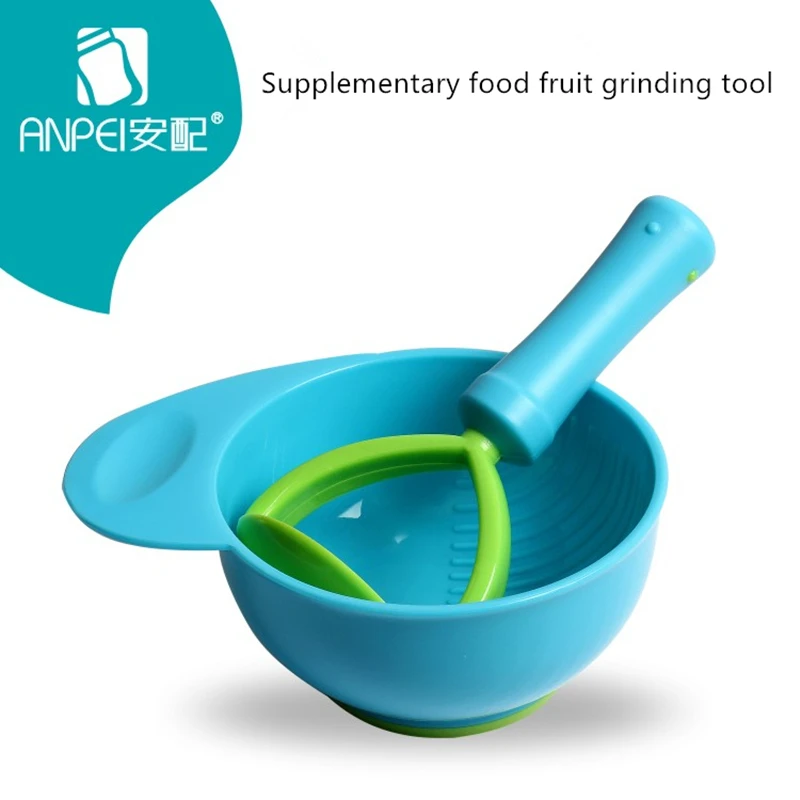 The additive is available in plastic packaging. Purple label with cartoon vitamins. One package contains 120 cherry and orange gummies.
The additive is available in plastic packaging. Purple label with cartoon vitamins. One package contains 120 cherry and orange gummies.
Recommended by pediatricians. This is justified by its safe composition (no gluten, wheat, dairy products) and excellent pharmacological effect.
It is necessary to take the drug in case of beriberi and in order to prevent it. Contraindication is individual intolerance to individual components. Before taking it is necessary to consult a doctor.
The daily dosage varies depending on the age of the child. For children 2-3 years old - 2 gummies, for children from 4 years old - 4 gummies. The course of admission is 1 month.
12. GummiKing Vitamin C for Children
Sold in a transparent jar with an orange cartoon label. Inside contains 60 chewable tablets.
Food supplement recommended by pediatricians for immune support and antioxidant support of the child's body. It is prescribed after weaning, until then vitamin C is supplied in sufficient quantities from mother's milk.
The daily dose is two chewable tablets per day. It is not recommended to give gummies to children under 2 years of age, as they may choke.
13. SmartyPants, Organics, complex for children, cherry and berry mix
The drug is available in a white plastic package with a red cap. The label features an owl. One package contains 120 tablets.
The drug has earned good reviews from experts. This is justified by the fact that he received Non-GMO Project Verified, Clean Label Project, 1-for-1 Partner and USDA Organic certificates.
Vitamin complex is indicated for general strengthening of the body. It contains vitamins K2, D3, B12, zinc, beta-carotene and other components. The effect of the drug is manifested in strengthening bones, increasing immunity, restoring energy balance.
Take vitamins 4 tablets per day. One package contains 30 servings. It is enough to complete the full course.
14. California Gold Nutrition, Children's DHA Chewables
Softgel form.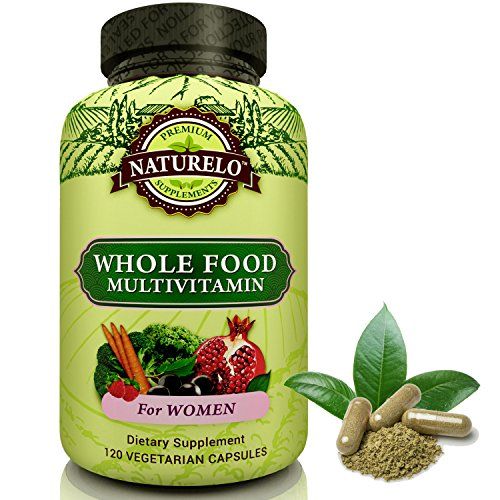 Sold in a white bottle with a cartoon shark on the label. Contains 180 fish gelatin tablets.
Sold in a white bottle with a cartoon shark on the label. Contains 180 fish gelatin tablets.
Children's DHA Chewables is one of the best children's vitamins on iHerb. It contains DHA from omega-3s sourced from wild Arctic cod. This element ensures the normal development of the brain, nervous system and vision of the child. Fish oil has a strawberry-lemon taste, so children do not refuse to take it.
Dosage depends on the age of the child: 2-4 years three tablets a day, 5-12 years three tablets twice a day. Contraindications for use are allergy to iodine, taking anticoagulants and an upcoming surgical operation.
15. Childlife Clinicals, Brain Focus, natural berries
This product comes in a white plastic bottle. It has a turquoise label and cap. One pack contains 120 softgels.
Dietary supplement recommended by pediatricians. It is indicated for schoolchildren to improve concentration and memory, support healthy development and optimal brain function.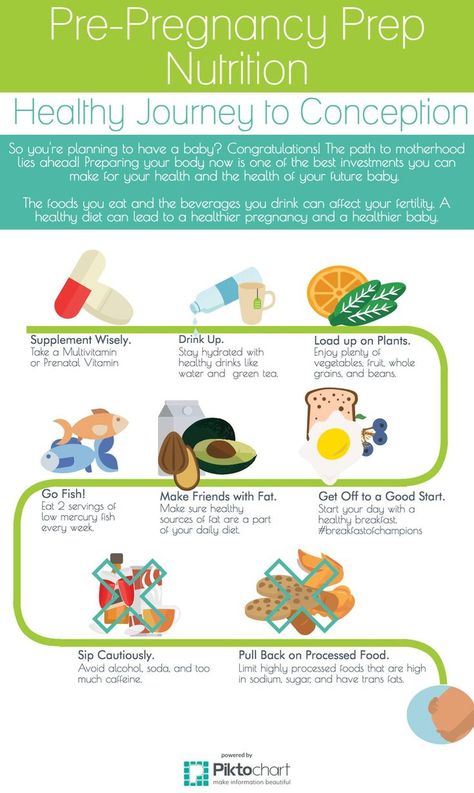 The complex includes vitamin B6, DHA, phosphatidylserine, phosphatidylcholine, disodium salt of pyrroloquinoline quinone.
The complex includes vitamin B6, DHA, phosphatidylserine, phosphatidylcholine, disodium salt of pyrroloquinoline quinone.
The vitamin supplement must be taken within 1 month. The size of one serving is 3-6 tablets.
How do I order children's vitamins from iHerb?
To order children's vitamins from iHerb, you must be logged into your iherb.com account or app. If you do not have an account, you need to create one: go through a simple registration procedure by entering personal data and creating a password. Next, you need to confirm your mobile phone number and you can proceed to the selection of goods.
Having chosen children's vitamins, they need to be sent to the basket, then go into it and place an order: enter data for payment and delivery. Please note that in different countries there may be different restrictions on the cost of a parcel for duty-free import (usually 100-200 euros at the current exchange rate). Therefore, it is more convenient to divide large orders into several, without exceeding the limit. It is also unprofitable to place small orders, because when you reach a certain total amount in the basket, you can get free shipping from iHerb or the carrier.
It is also unprofitable to place small orders, because when you reach a certain total amount in the basket, you can get free shipping from iHerb or the carrier.
Consult your paediatrician!
If a child is found to be deficient in vitamins, contact a pediatrician. The doctor will prescribe a suitable drug that will restore the health of the baby.
Under no circumstances should you self-medicate. Only a specialist will be able to determine what vitamin a child's body needs, and what dosage is optimal.
If you prescribe vitamins to a child on your own, then in this way you can cause serious harm to his health. Very often, other diseases are hidden under the mask of beriberi.
We remind you that we are not responsible for the pharmacological effects of vitamin supplements mentioned in this material. Before buying the drug, be sure to consult with your pediatrician!
15 bestsellers for children: shampoos, vitamins and sweets
When choosing healthy supplements, toys and cosmetics for children, you should definitely look into the US iHerb store.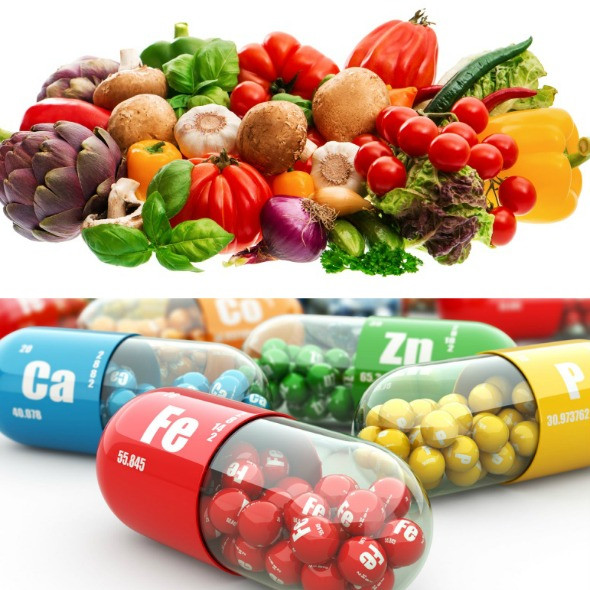 There is a huge selection of goods for children from birth to adolescence.
There is a huge selection of goods for children from birth to adolescence.
Affordable prices, weekly discounts and a large selection of trusted manufacturers make this store very popular with parents around the world. Moms love it, as it is here that you can find natural children's vitamins, organic toothpastes, shampoos and other useful things for children.
So, what should children buy this season:
-
useful supplements and vitamins necessary for normal development and growth;
hypoallergenic cosmetics: shampoos, bathing gels, soaps;
-
quality toothbrushes and pastes;
-
organic food and sweets;
-
safe toys for the little ones.
All products, before entering the store, undergo special quality checks, which are confirmed by certificates. You can also read real reviews under each product.
Today we have collected the best-selling products for children that have become bestsellers in the past year.
ATTENTION! The article is for informational purposes and is not a medical source. Before taking any medicine, check with your doctor.
Echinacea Liquid
Orange Flavored Baby Echinacea Free of alcohol, sweeteners and flavors. May be given to children aged 1 to 12 years at 0.5 ml per day undiluted or mixed with the child's favorite drinks. It will help support the immune system and make it easier to endure a cold.
Vitables Children's Echinacea (29.6 ml), $4.80
Vitamin C Chewable
Children love when vitamins are not only healthy, but also delicious. These gummies are recommended for children ages 4 and up. You can take 3 pieces per day, for example, with food. They do not stick to the teeth and do not leave yellow marks. And in the composition, in addition to vitamin C, there is also vitamin A (in the form of beta-carotene).
Delicious immune support for kids and adults!
California Gold Nutrition Vitamin C (90 pcs), $9.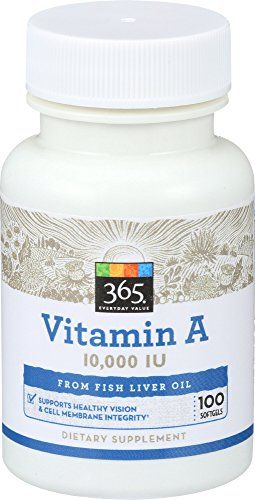 00
00
Vitamin D
A sun vitamin, a must-have during the dark season. Many parents recommend Gerber Vitamins , which comes with probiotics for newborns. Here is the daily norm of vitamin D and probiotics to normalize the work of the gastrointestinal tract (help with colic).
Ordinary Vitamin D available from California-Gold-Nutrition , also with good recommendations.
Quality certificates guarantee the freshness, potency and purity of the product. The reviews are very good. It is recommended to give children from 2 years 1/2 teaspoon 1-2 times a day with meals.
Carlson Labs Fish Oil (200 ml), $21.20
Multivitamin for Teens
Reviews for Vitamins Future Biotics are just great! Moms of teenagers recommend taking two capsules daily to maintain children's immunity, cheerful mood and full development.
It contains all the necessary vitamins and minerals, and the price is very affordable.
Future Biotics Multi-Vitamin (90 pcs), $6.97
Nasal Saline Solution
A natural xylitol saline solution that is even suitable for babies. America's #1 selling natural nasal spray. Gently cleanses the paranasal sinuses and nasal passages. Softens, moisturizes, relieves nasal congestion, dryness and other unpleasant sensations.
The spray is recommended by doctors and is safe for daily use as it is non-addictive.
Xlear Saline Solution (22ml), $5.59
Baby Oat Shampoo
Aveeno will become your favorite shampoo, because with it you will bring only positive emotions. This product is recommended by pediatricians, it does not contain parabens and other harmful substances, gently cleanses hair and skin. No more tears in the bathroom!
Aveeno Baby Hair & Body Shampoo (532 ml), $10.94
Calendula Baby Cream
Parents who carefully choose their children's cosmetics are probably familiar with this care cream from
5 Weled6a. It perfectly protects the baby's delicate skin from frost and wind, dry air, exhaust fumes, dust and other external irritants. The gentle formula and soft consistency of the cream will protect the skin from redness, microcracks and rashes.
It perfectly protects the baby's delicate skin from frost and wind, dry air, exhaust fumes, dust and other external irritants. The gentle formula and soft consistency of the cream will protect the skin from redness, microcracks and rashes. In the cold season, the cream should be applied to the face in advance so that it has time to be absorbed.
Weleda Calendula Cream, $13.49
Baby Sanitizer
Gentle hand sanitizer. Does not contain alcohol, parabens and fragrances. It kills 99.9% of the most common bacteria. A must have in a child's backpack.
Now there is a discount.
Nature's Baby Organics Sanitizer, $3.38
Strawberry Toothpaste
Designed for children from 2 years old and suitable for adults. It is recommended to use a soft-bristled toothbrush and brush your teeth every time after meals or twice a day. The paste is used to prevent caries, and also reduces the sensitivity of the teeth and helps with thrush and herpes of the oral cavity.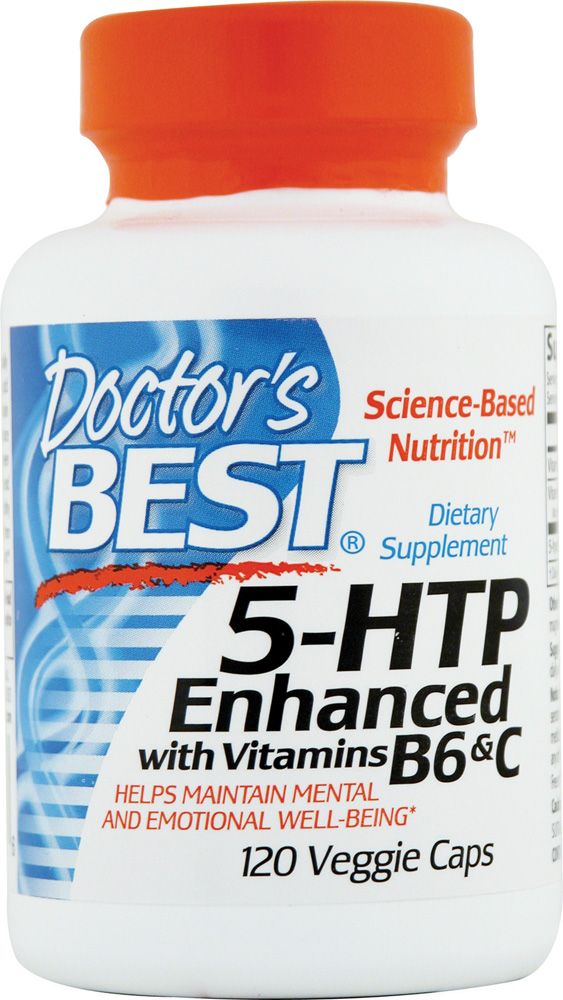
Now Foods, Solutions, XyliWhite (85g), $2.99
Toothbrush Set
Toothbrushes for children Brush Buddies have very soft bristles. Soft, rounded bristles protect tooth enamel and delicate baby gums. And these brushes will not get lost in the bathroom, because they "know how" to stand upright thanks to two small suction cups on the handle.
Brush Buddies Toothbrushes, $2.35 (4 packs)
Organic Grain Snack
Happy Family Organics Snacks are ideal for toddlers. Formulated with choline to promote brain and eye health, as well as vitamins B12, C and E. Made without cane sugar syrup. You can choose different flavors.
According to the manufacturer's recommendation, your baby is ready to use these rings when:
-
is already eating solid food;
-
crawls without touching the floor with the belly;
-
rubs food between the gums;
-
picks up food with thumb and forefinger.
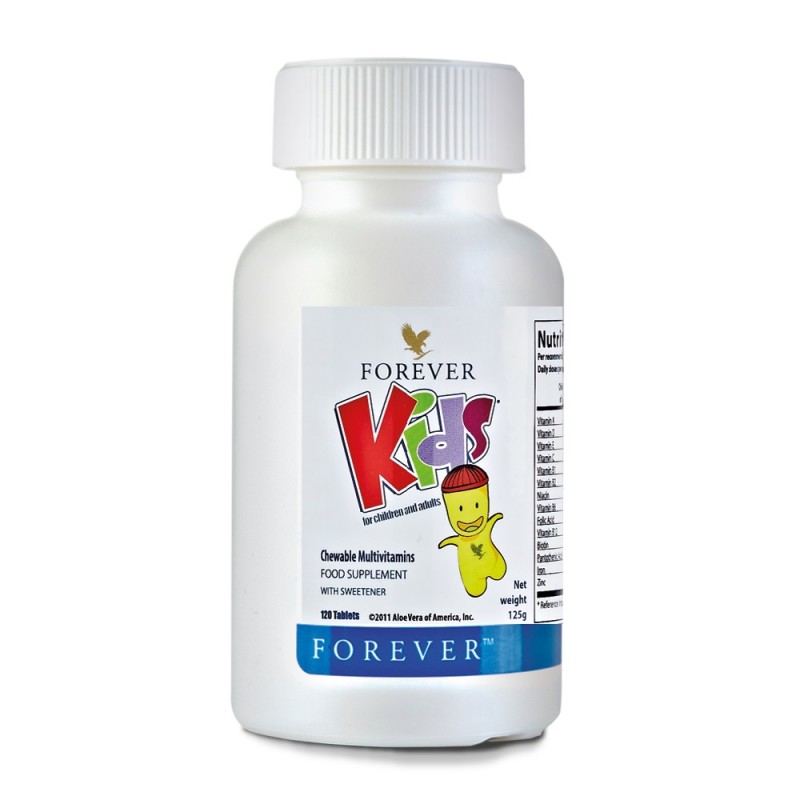
Happy Family Organics Kids Superfood, $3.31
Organic Lozenges
Company Yum Earth has been making organic candies with simple ingredients since 2007. suitable even for allergy sufferers. Natural juices of carrots, apples, black currants and even radishes are used as dyes.
Pack of 8 favorite flavours.
Yum Earth Lozenges (assorted 50 pcs), $6.95
Bath Toys
Children's bath toys with 5 suction tubes. You can use each pipe separately or create a chain for pouring water. Designed only for playing in the bath and shallow pools. Not for swimming pools as the toy does not float on water.
Recommended age: from 12 months.
Boon Bath Toy Set (Children 1+), $18.11
Water Coloring Tablets
Place one or more Crayola Color Bath Dropz tablets in a tub filled with water of the desired temperature.